How Best to Promote Research and Development
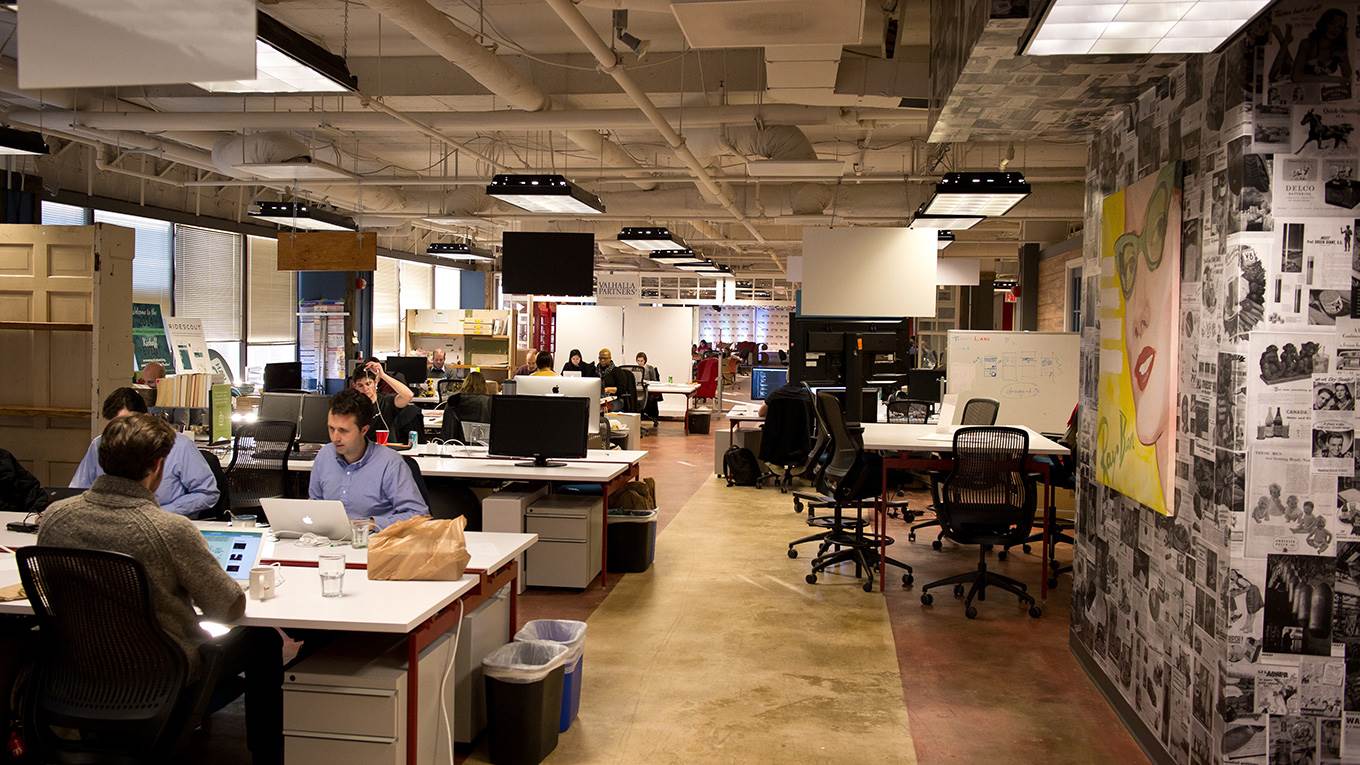
thinks emerging economies should think twice before trying to create start-up ecosystems à la Silicon Valley.
Ricardo Hausmann, a former minister of planning of Venezuela and former Chief Economist of the Inter-American Development Bank, is Director of the Center for International Development at Harvard University and a professor of economics at the Harvard Kennedy School.

thinks emerging economies should think twice before trying to create start-up ecosystems à la Silicon Valley.

describes an incipient intellectual revolution that could turn the dismal science into a more inspiring pursuit.

asks how we can know whether new technologies will empower more people or impoverish most.
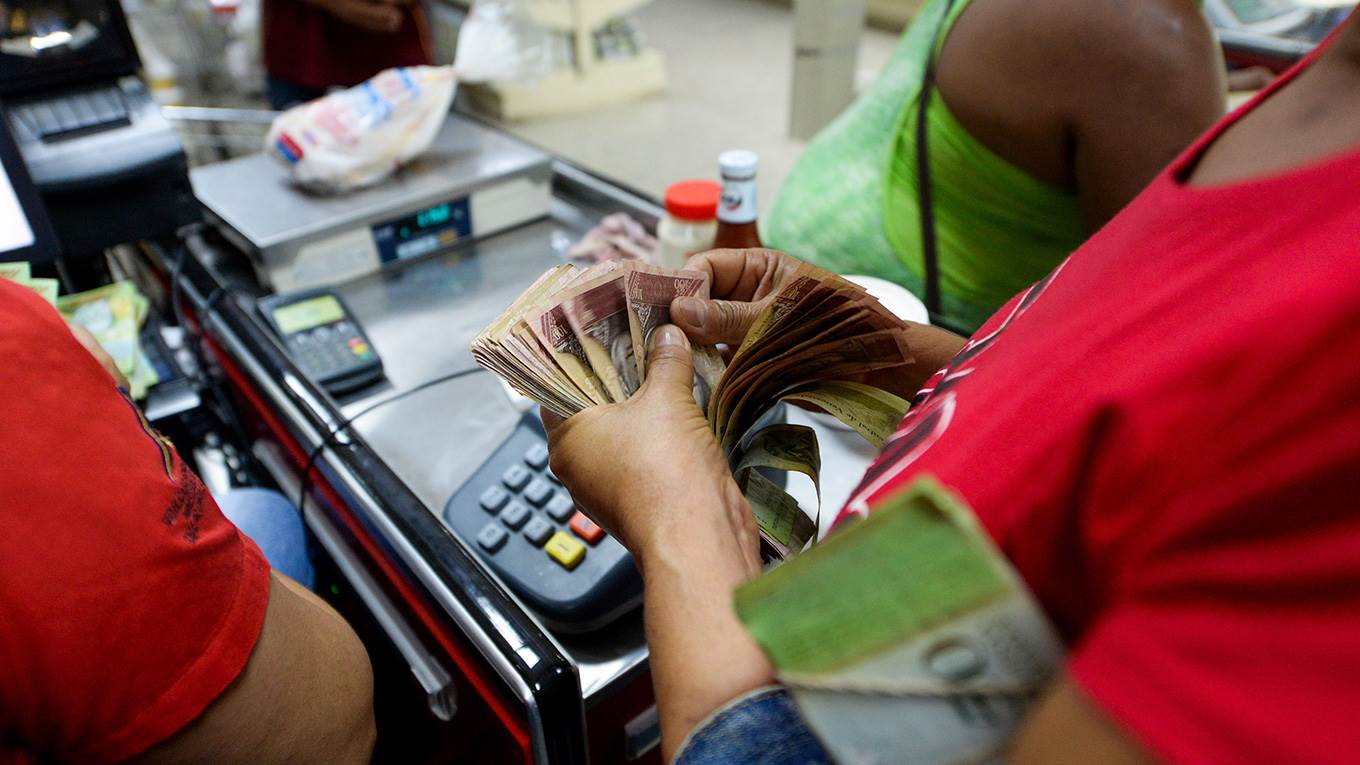
call for a mechanism to limit corrupt and repressive regimes' access to global capital markets.
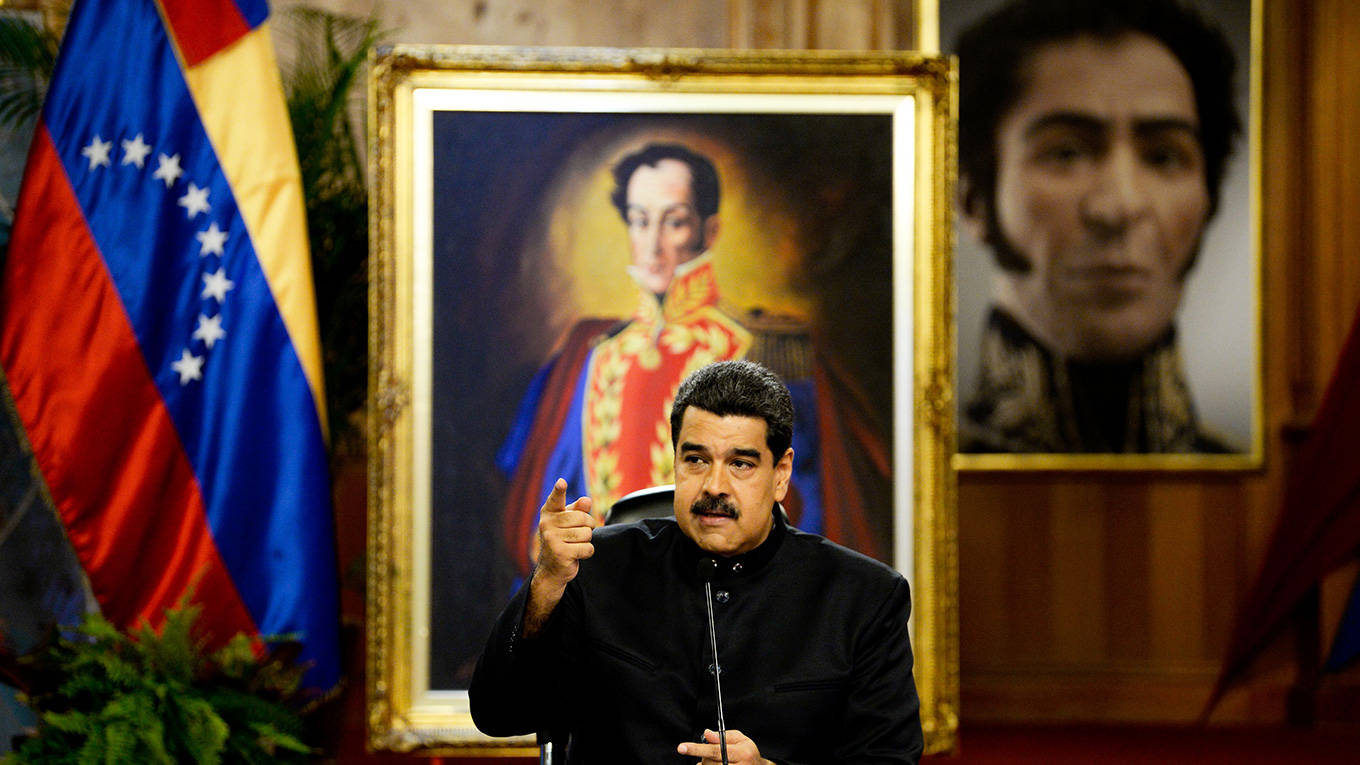
points out that the 40% contraction in GDP since 2013 actually understates the economy's decline.
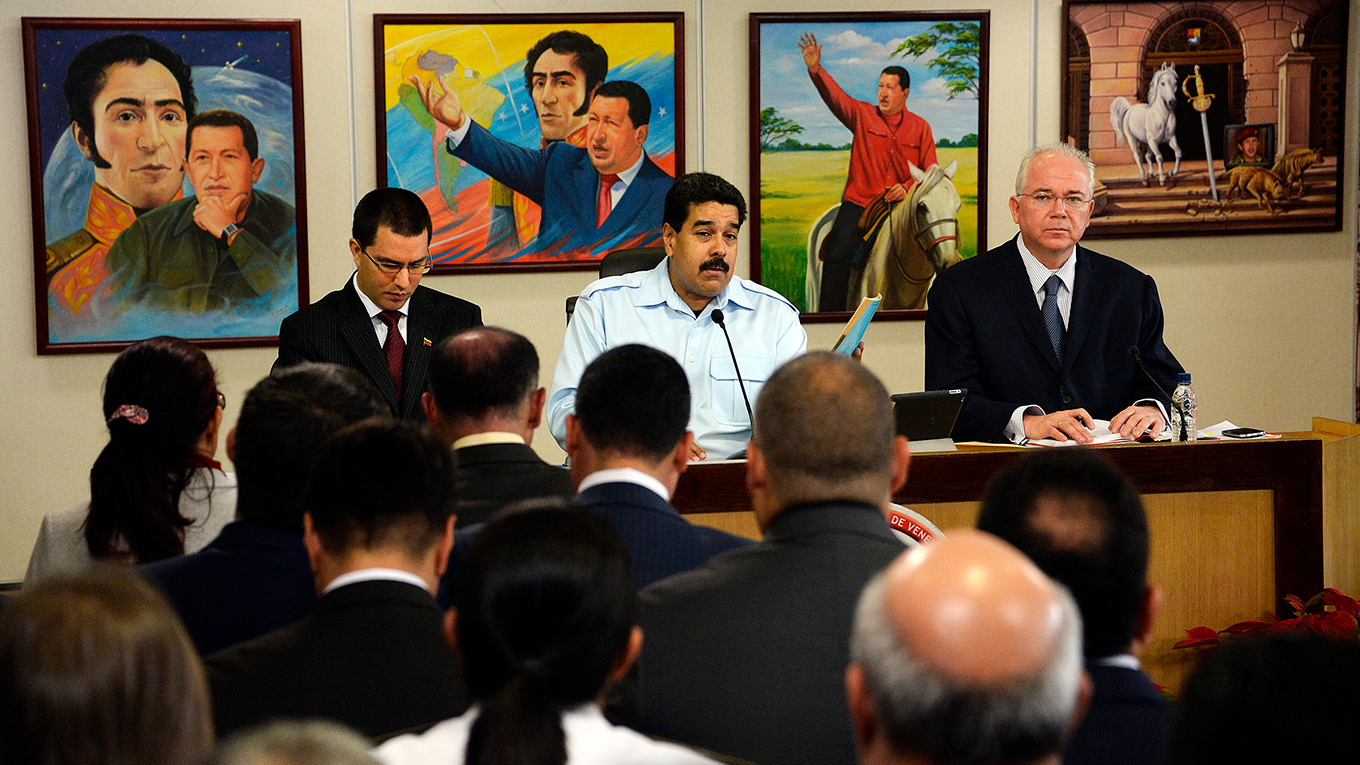
Sovereign finances survived the global recession, just barely in some cases, but now Puerto Rico and Venezuela are insolvent. While the reasons for their plight may differ, there are lessons common to all defaults that investors and citizens should heed.

With the age of Western global dominance coming to an end, it is China’s time to shine.
The potential is certainly there, but to realize it, President Xi Jinping will have to confront serious challenges, from domestic supply-side reforms to expanding international responsibilities.
RELATED:
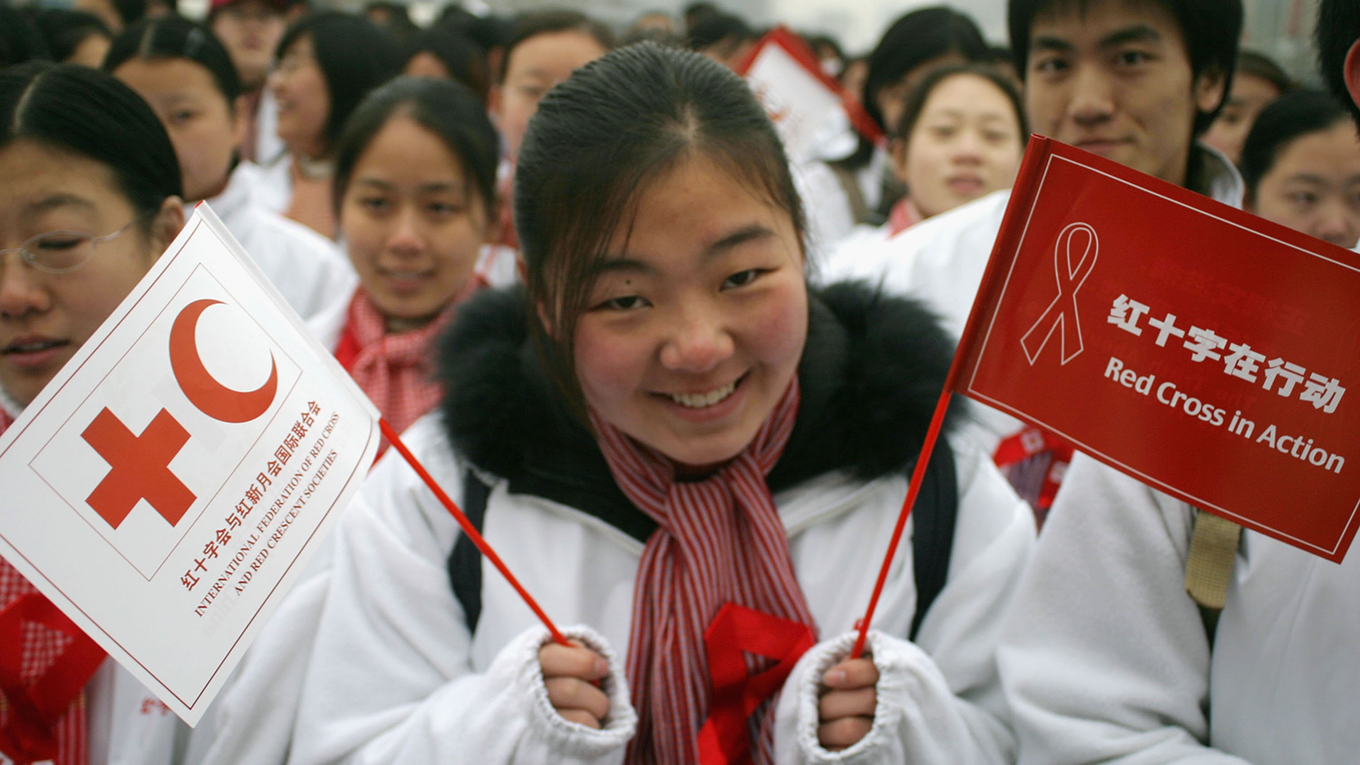
Since its emergence in 1981, the global AIDS epidemic has taken around 36 million lives, and ravaged some of the world's most vulnerable communities. While the world has made significant progress over the past 15 years, obstacles to AIDS prevention – and eventually eradication – persist.
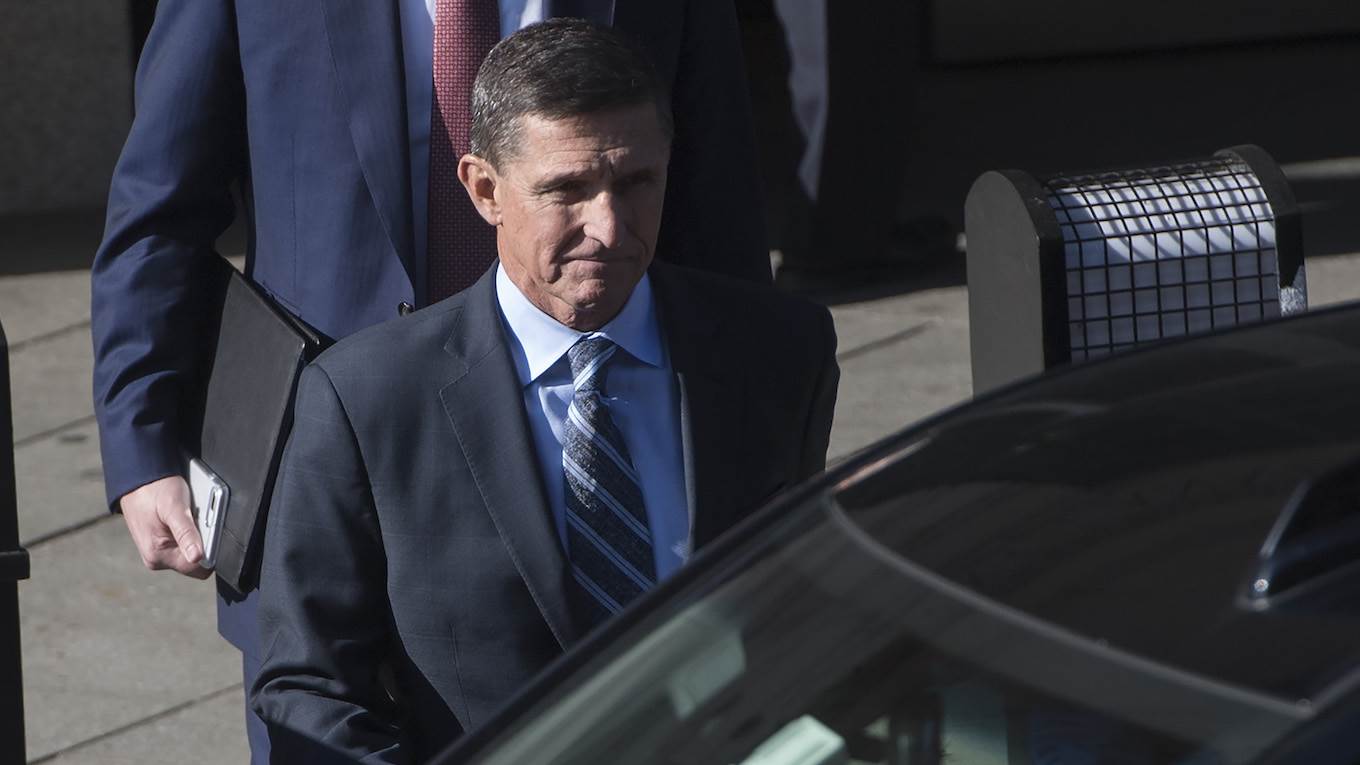

Left unchecked, rapidly rising obesity rates could slow or even reverse the dramatic gains in health and life expectancy that much of the world has enjoyed over the past few decades. And by forcing its food culture on countries like Mexico and Canada, the US is making the problem worse.
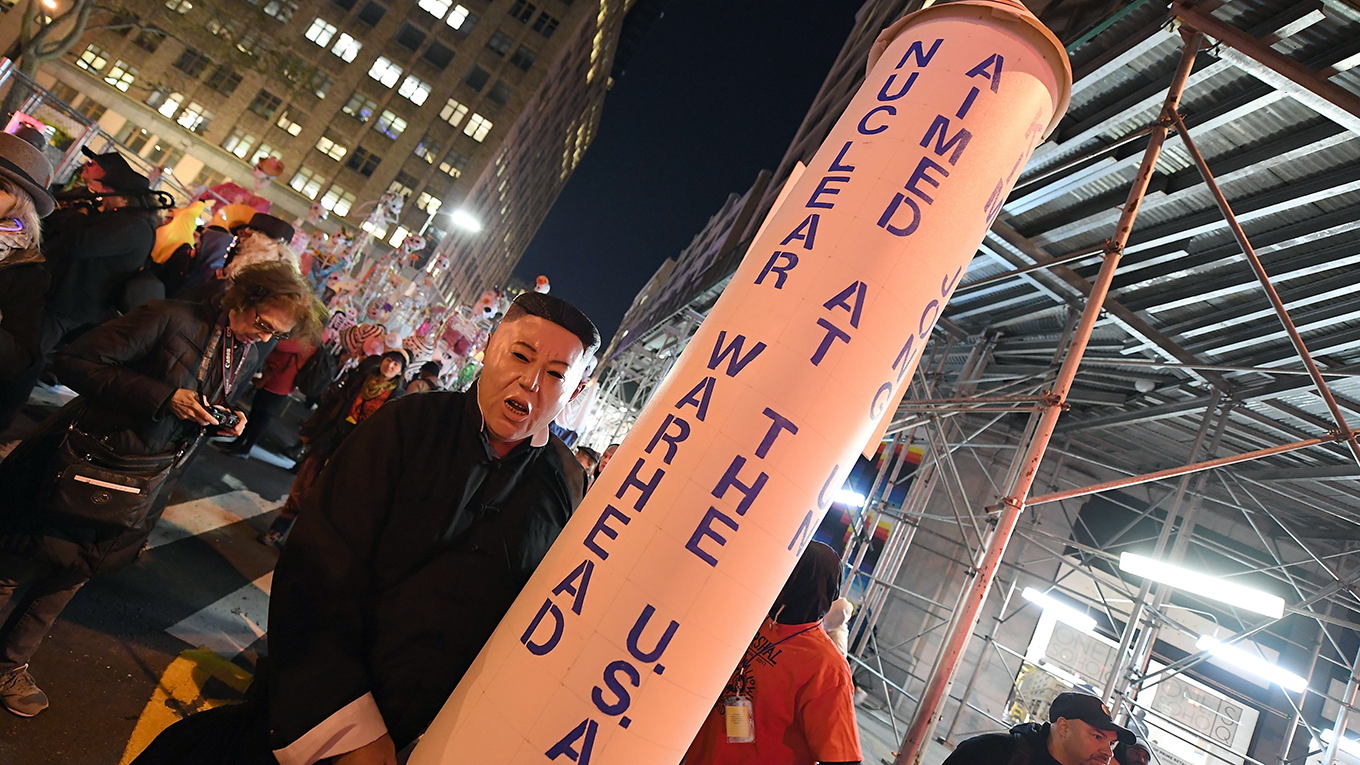
By arbitrarily re-designating North Korea as a state sponsor of terrorism, Donald Trump has demonstrated yet again that he has no strategy for resolving the current nuclear crisis. When former President George W. Bush removed North Korea from the terrorism list in 2008, he at least got something out of it.

The Middle East owes many of its current problems to a long history of foreign invasions, from the Crusades and European colonialism to the proxy wars of the Cold-War era. But Arab leaders who genuinely want to create a brighter future for the region's citizens must recognize that blaming others for the region's malaise will solve nothing.
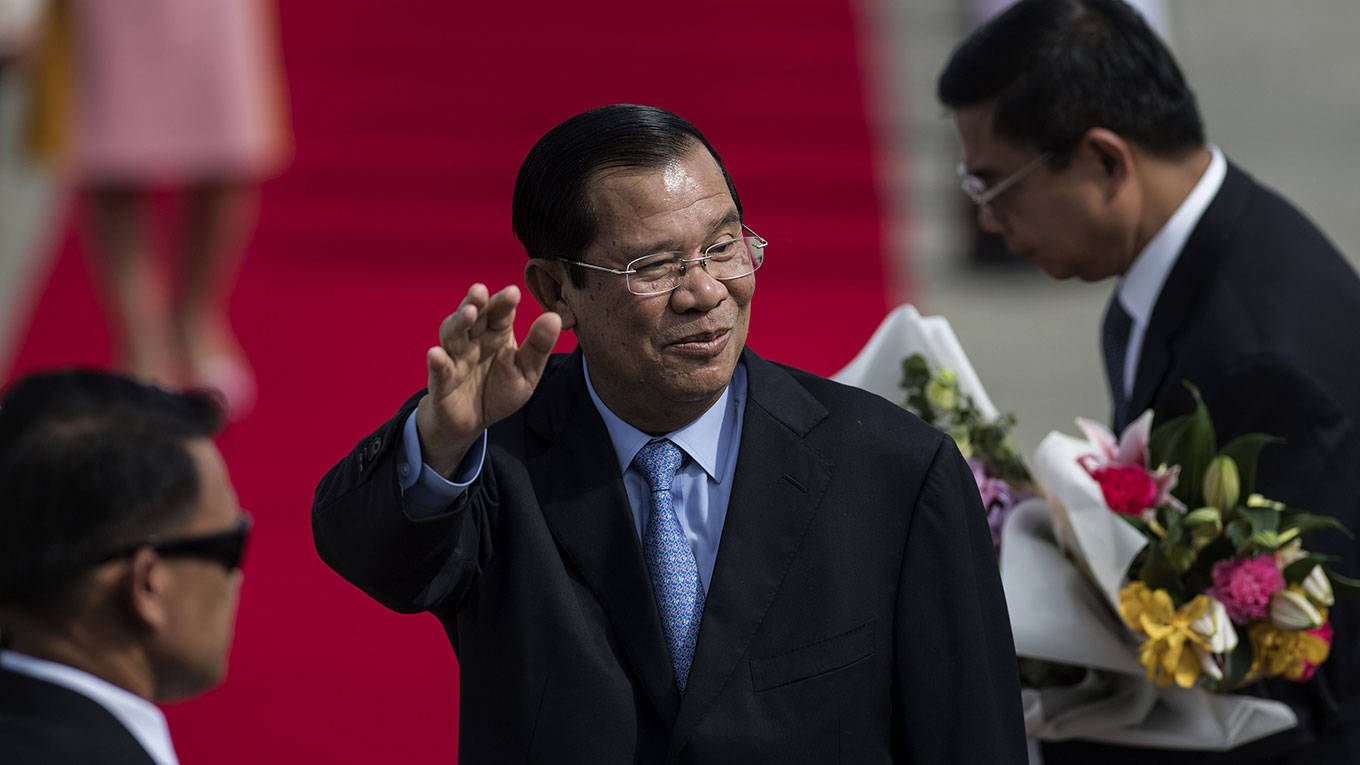
Cambodian democracy has long been a shaky affair, with elections that are only sometimes free and fair. But by ignoring the slide toward dictatorship there and elsewhere in the region, US President Donald Trump is encouraging Asia's autocrats and damaging America’s long-term interests.
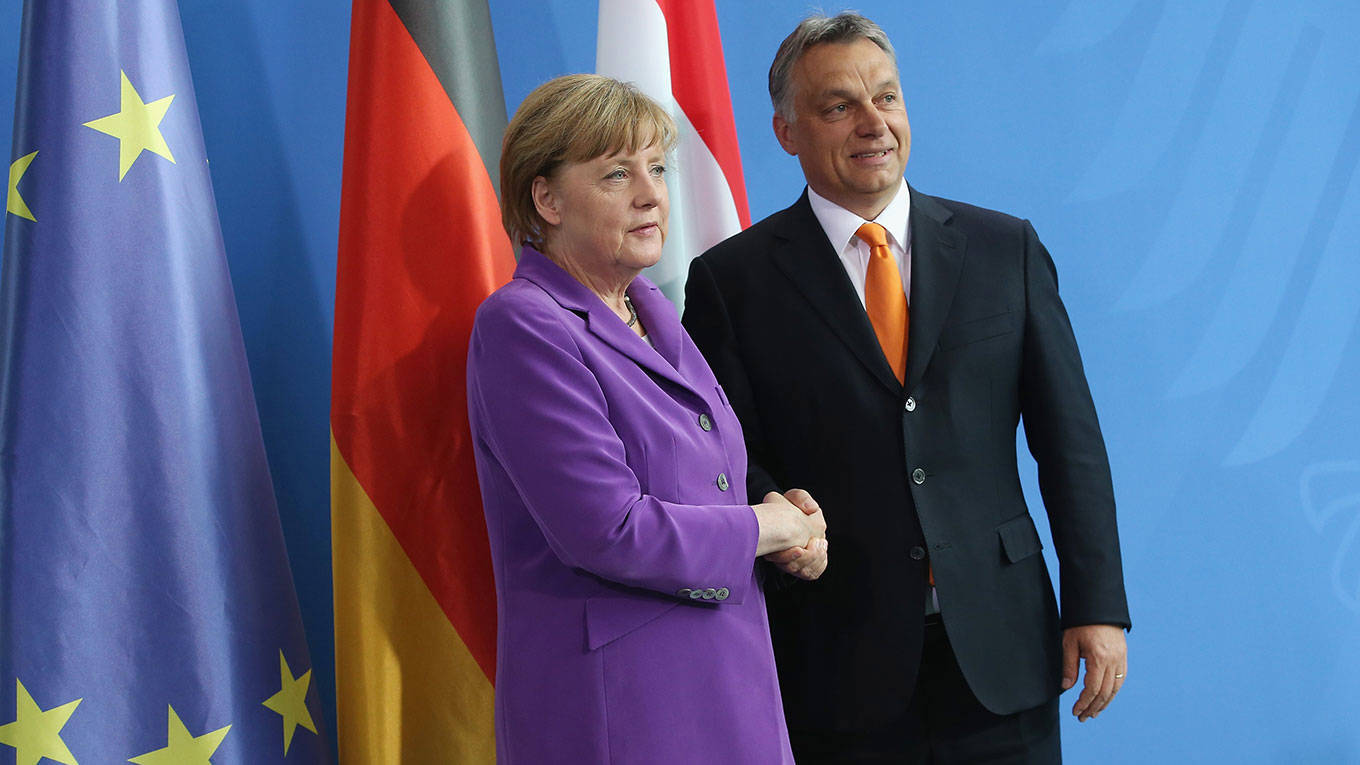
Despite a growing chorus calling for reform of the eurozone and the European Union, the chances for meaningful change are diminishing. The main obstacle is Germany, whose economic interests lie not just with the status quo, but also with some of the EU's populist governments.